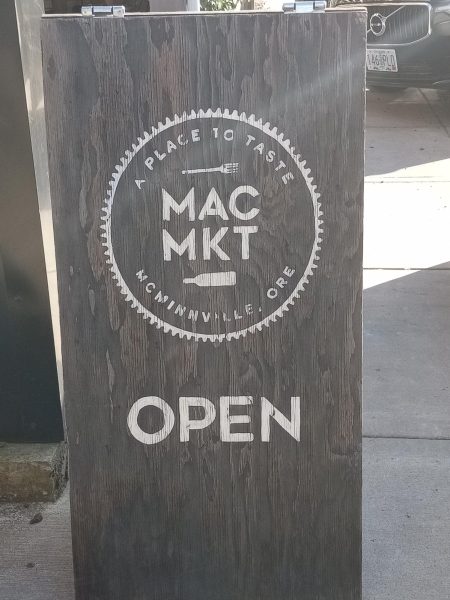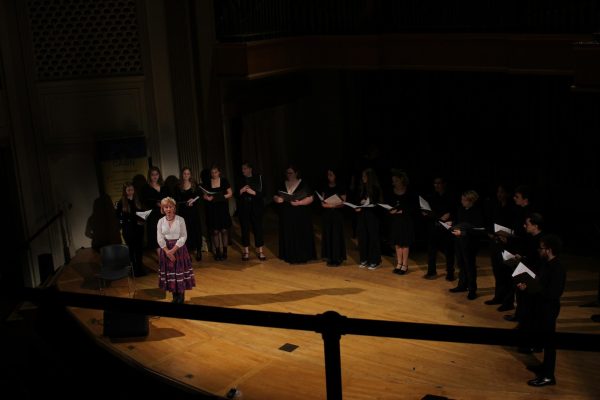Documentary influences conversation on sexual assault on campus
April 13, 2019
College students long await the day to open acceptance letters into their dream schools. Then comes move-in day—the beginning to self-discovery and academic success. This experience is shared with the hundreds of new students on every college campus throughout the nation.
The experience that isn’t included in the orientation day activities is sexual assault. In the documentary film The Hunting Ground” explores the stories of men and women that have experienced sexual assault on their campuses. The film focuses on two female students who create a coalition to start talking about sexual assault and holding their institutions accountable for the mishandling of sexual assault cases on campus.
The 60 minutes of survivor testimony, activism, and administrative failure raised questions about how society and colleges can better support those impacted by sexual violence.
The movie screening and following panel discussion was presented by Students Advocating for Gender Equality (SAGE), the Linfield College Gender Studies Program, the American Association of University Women of Yamhill County, and the Student Health, Wellness, and Counseling Center.
Panelists included director of Student Health, Wellness, and Counseling Patricia Haddeland, Vice President for Student Affairs & Athletics, Dean of Students, and Title IX Officer Susan Hopp, Director of Victim Services and Yamhill County District Attorney’s Office Debra Bridges, Deputy District Attorney Holly Winter, and Dennis Marks, Director of College Public Safety.
The audience asked questions ranging from how individuals can be active bystanders to Linfield’s sexual assault and harassment policies. The overwhelming majority of attendees were female identifying students and most questions concerned the policies and procedures Linfield enacts on the campus.
“Why would we keep them on campus if they were a rapist?” one audience member asked the panel. Hopp said that because of FERPA (The Family Educational Rights and Privacy Act) the college is not at liberty to give detailed information regarding specific incidents that have occurred on campus or student conduct.
Frustrated students argued that sexual assaulters should be expelled at the time of incident to maintain the safety of other students. Hopp explained that every case is different; meaning, there is no definitive repercussions based on incident alone.
Haddeland added that Linfield’s main goal is to proceed in sexual assault cases the way the survivor of the assault would like to. For instance, if a survivor would rather no punishment be enforced, Linfield will not proceed with punitive action.
Marks said that students have access to incident reports on the Linfield website. These reports include record of every incident College Public Safety officers respond to. Incident reports contain no information about parties involved because of confidentiality requirements. Annual security reports are also posted on the Linfield website.
Linfield holds bystander intervention training sessions annually. The goal is to ensure all students are equipped with resources to intervene in potentially dangerous situations and know the ways students are supported on campus.
“Sexual violence has always been a part of the college experience,” Said one expert in the film. Further exemplified by the statistic 88 percent of women raped on campus don’t report according to the film.










